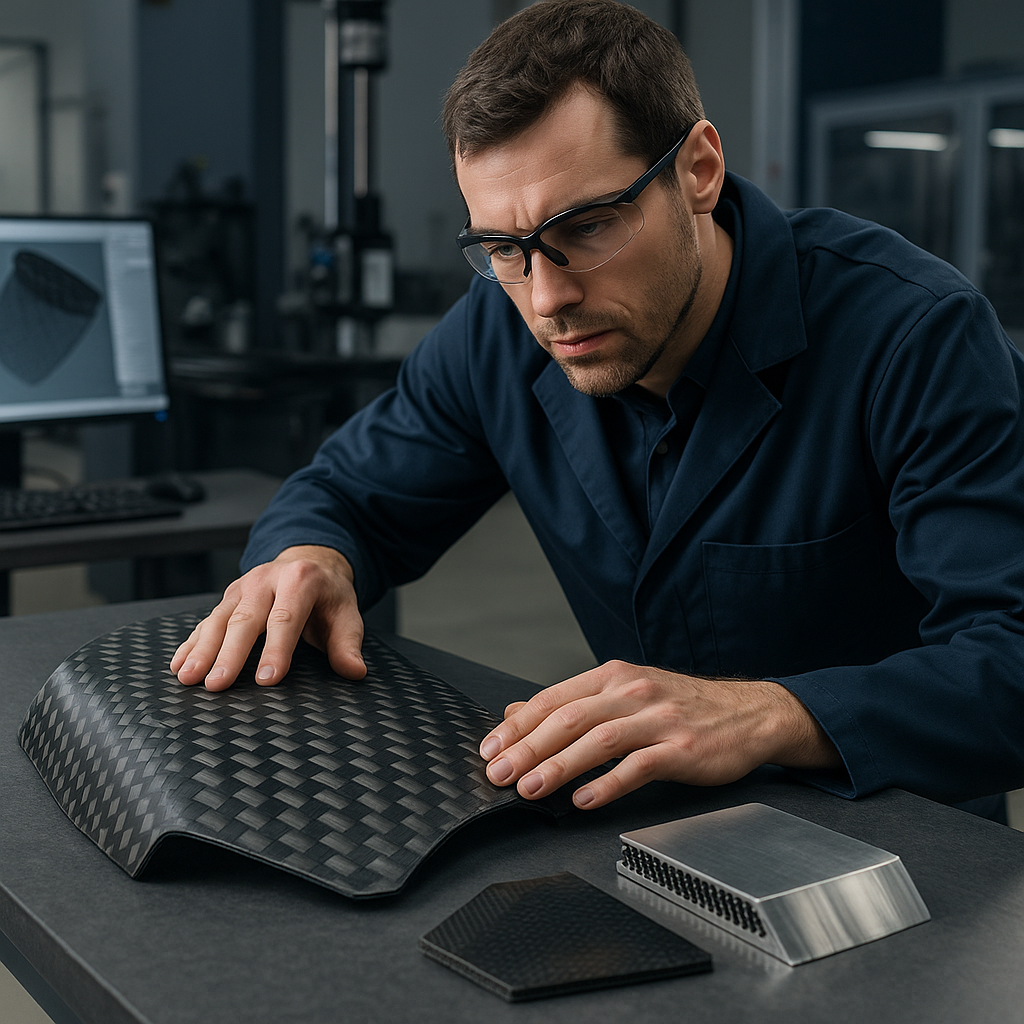Aerospace Materials Technologist
Engineering the materials that make flight lighter, stronger, and faster
Creating advanced materials for next-generation aircraft and spacecraft — from ultra-light composites to heat-shielding alloys.
What Does This Career Involve?
Aerospace Materials Technologists develop, test, and improve materials used in high-performance aerospace systems. Their work spans composite structures, ceramic coatings, smart materials, and lightweight metals. These specialists ensure aircraft and spacecraft can withstand intense heat, pressure, and stress — while remaining as light and efficient as possible.
Why Is This the Future?
Lighter aircraft mean lower emissions. Stronger materials mean longer-lasting spacecraft. As aerospace systems become more ambitious, the demand for high-performance materials will surge. This career is critical to enabling hypersonic flight, reusable space vehicles, and sustainable aviation — all while pushing the boundaries of science and manufacturing.
Related Existing Careers
These professionals develop and test the physical properties of metals, polymers, ceramics, and composites. Their understanding of microstructure and mechanical behaviour is essential for aerospace innovation.
Composite Technicians work hands-on with advanced materials to manufacture aircraft parts. Their knowledge of fabrication techniques, bonding processes, and quality control supports the practical side of materials development.
Specialising in the behaviour of metals under extreme conditions, Metallurgists contribute to the development of heat-resistant alloys used in engines, space vehicles, and high-speed aircraft.
Important Skills for This Career
Technical Skills
Composite Materials Science
Metallurgy and Alloy Design
Materials Testing and Analysis
Thermal Resistance Engineering
Related Technologies of the Fourth Industrial Revolution
Start your journey today!
Join the engineers who are shaping the future of flight at the molecular level — with materials that will take us further, faster, and higher.
Thermal Materials Science
Explore More Future Careers


